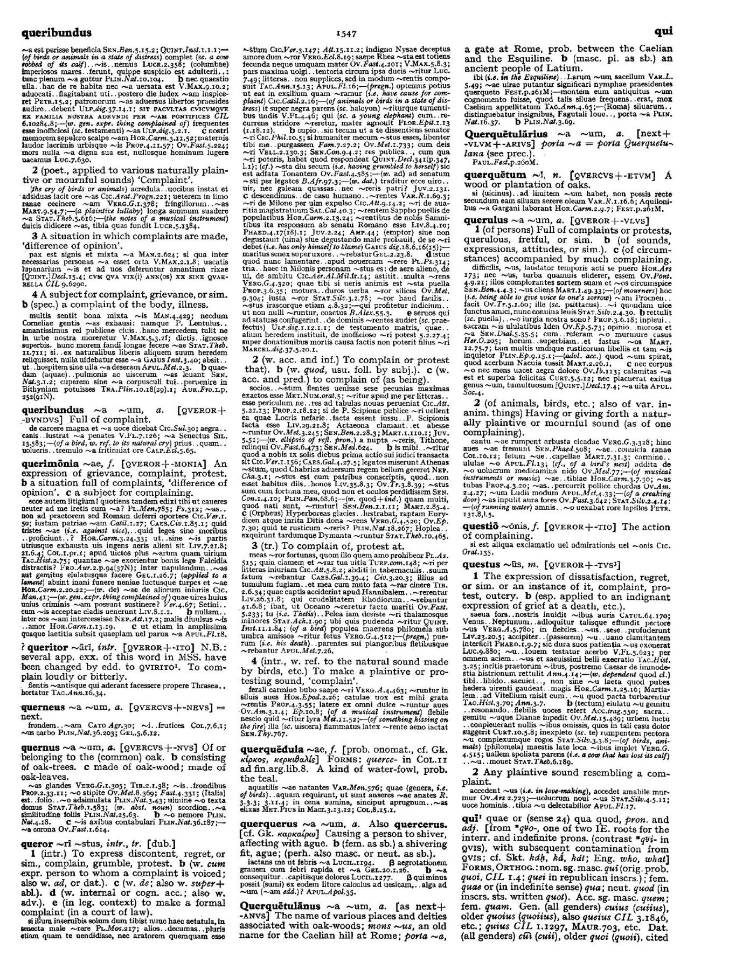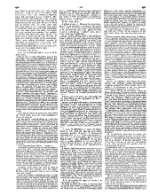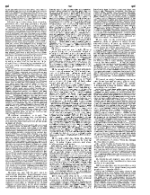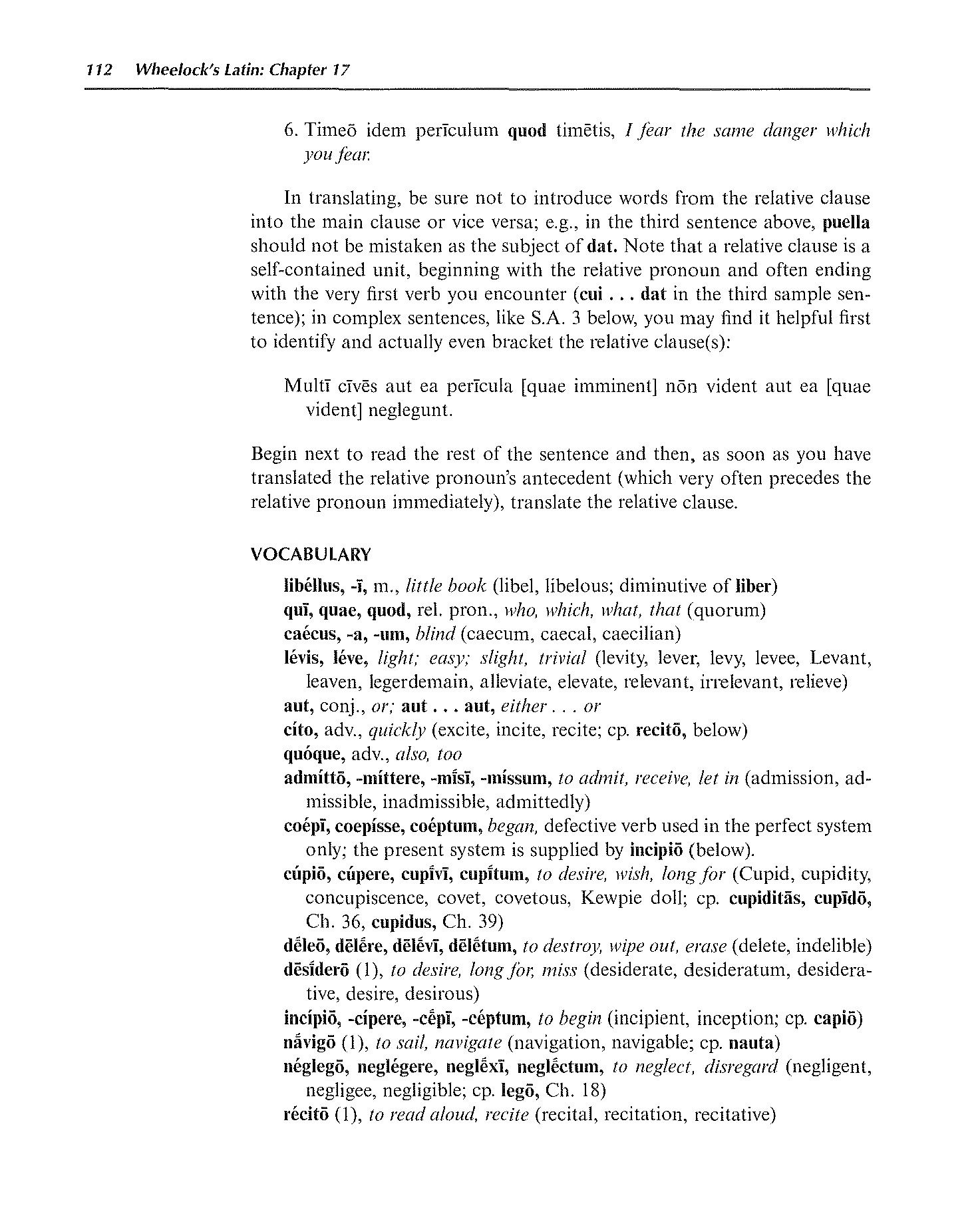
page_listing.tpl
page_subListingDetails.tpl
sub_listingDetails_style1.tpl
sub_listingDetails.title.tpl
quī, quae, quod what
quī, quae, quod is a Latin Pronoun that primarily means what.
Definitions for quī, quae, quod
Wheelock's Latin
Pronoun
- 1
who, which, what, that
English derivatives:
quorum
Oxford Latin Dictionary
Pronoun
- 1
Interr, adj. (pron.). (w. ref. to identity) What? Which? (b) (in indir. qus.).
- 2
(w. ref. to nature or character) What kind of? (b) (in indir. qus.; sts. with exclamatory force, cf. sense 3)
Sentences with quī, quae, quod
Latin to English
Cīvem laudāvērunt quī patriam servāverat.Compare They praised the citizen who had saved the country.
Quī puer servātus est?Compare What boy was saved?
Quae ā tē ibi inventa sunt?Compare What things were found by you (sg.) there?
Viator, audi. Si libet, intus veni: tabula est aes quae te cuncta perdocet.Compare Traveler, listen. Come inside if you like: there’s a bronze tablet which gives you all the information.
Ingratus est quie beneficium accepisse se negat, quod accepit; ingratus est qui dissimulat; ingratus qui non reddit, ingratissimus omnium, qui oblitus est.Compare The man is ungrateful who denies that he has received a benefit which he has in fact received; he is ungrateful who pretends that he has not received one; he, too, is ungrateful who fails to return one; but the most ungrateful of all is the man who has forgotten a benefit.
Pereant qui ante nos nostra dixerunt.Compare Perish those who said what we are saying before we did!
Vivere tota vita discendum est et, quod magis fortasse miraberis, tota vita discendum est mori.Compare It takes the whole of life to learn how to live, and -what will perhaps make you wonder more- it takes the whole of life to learn how to die.
Vos appello, qui multus pro res publica sanguis effundo.Compare I address you, who have shed much blood for the republic.
Data sources
Notes
- Definitions
- Frederick M. Wheelock, Wheelock's Latin, 6th ed., rev. Richard A. LaFleur (New York, NY: HarperCollins Publishers, 2005): 112.
- P. G. W. Glare, Oxford Latin Dictionary, Vols. 1-8 (Oxford: Clarendon Press, 1982): 1547.
- Word frequencies
- Christopher Francese, "Latin Core Vocabulary," Dickinson College Commentaries, last modified 2014, http://dcc.dickinson.edu.
- Paul B. Diederich, The Frequency of Latin Words and Their Endings, PhD diss., (Columbia University, 1939).
- Louis Delatte, Suzanne Govaerts, Joseph Denooz, and Etienne Evrard, Dictionnaire fréquentiel et index inverse de la langue latine [Frequency Dictionary and Inverse Index of the Latin Language] (Liège, Belgium: Laboratoire d'analyse statistique des langues anciennes de l'Université de Liège [L.A.S.L.A.], 1981): 119.
Bibliography
Allen, Joseph H. Allen and Greenough's New Latin Grammar for Schools and Colleges: Founded on Comparative Grammar. Edited by James B. Greenough, George L. Kittredge, Albert A. Howard, and Benjamin L. D'Ooge. Boston, MA: Ginn & Company, 1903.
Crystal, David. A Dictionary of Linguistics and Phonetics. 6th ed. Oxford, UK: Blackwell Publishing, 2008.
Delatte, Louis, Suzanne Govaerts, Joseph Denooz, and Etienne Evrard. Dictionnaire fréquentiel et index inverse de la langue latine [Frequency Dictionary and Inverse Index of the Latin Language]. Liège, Belgium: Laboratoire d'analyse statistique des langues anciennes de l'Université de Liège (L.A.S.L.A.), 1981.
Diederich, Paul B. The Frequency of Latin Words and Their Endings. PhD diss., Columbia University, 1939.
Francese, Christopher. "Latin Core Vocabulary." Dickinson College Commentaries. Last modified 2014. http://dcc.dickinson.edu/latin-vocabulary-list.
Gildersleeve, Basil L., and Gonzales Lodge. Gildersleeve's Latin Grammar: Third Edition, Revised, and Enlarged. 3rd ed. London, England: Macmillan and Co., 1903.
Glare, Peter G.W. Oxford Latin Dictionary. Vols. 1-8. Oxford, England: Clarendon Press, 1982.
Krüger, Bernd. "Latin Conjugation Tables." Cactus2000. Accessed May 5, 2023. https://latin.cactus2000.de/index.en.php.
Pierson, Nick. "Sound of Text." Accessed October 26, 2019. https://soundoftext.com.
Wheelock, Frederick M. Wheelock's Latin. 6th ed. Revised by Richard A. LaFleur. New York, NY: HarperCollins Publishers, 2005.
Wiktionary Contributors. "Victionarium." Wikimedia Foundation, Inc. Updated March 18, 2019. https://la.wiktionary.org/wiki/Victionarium:Pagina_prima.
Citation
Chicago (17th ed.)
Allo Contributors. "quī, quae, quod (pron.) - Latin Word Definition." Allo Latin Dictionary. Last modified . Accessed February 19, 2026. http://ancientlanguages.org/latin/dictionary/qui-quae-quod.
Entry created on . Last updated on .









